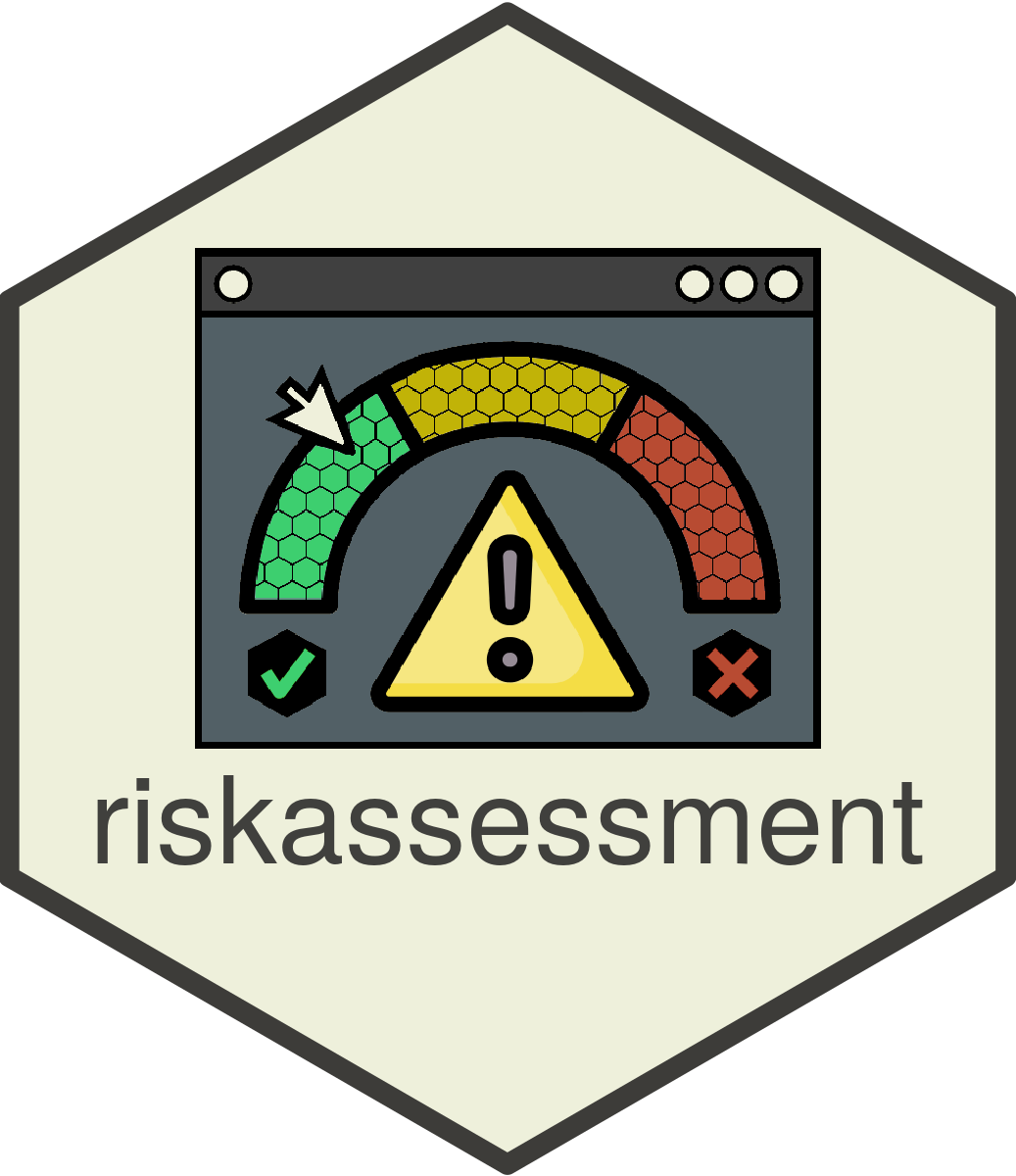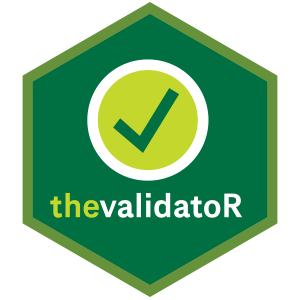This section of our pharmaverse recommended list is dedicated to those packages less relevant for individual clinical reporting end users, and instead more relevant to other roles such as package developers or admins maintaining package repositories.
Package Validation
Validation and qualification are two important topics in regulatory interactions. For R package validation,
there are example tools like covtracer to automate via CI/CD tools validation (and re-validation) of
packages once we feel the quality of their documentation and unit testing is sufficient. thevalidatoR represents
a simplified version of this approach. There are also packages to support decisions around risk assessment when
approaching validation strategy for R packages.
 covtracer
covtracer



Automated tracing of code coverage via a network of test execution, linking tests to code & code to documentation. This package is used to provide the tracebility matrix for CICD based validation.
 valtools
valtools


Validation framework for R packages that allows you to bolt in additional validation documentation.
 riskmetric
riskmetric



Framework to quantify R package risk by assessing a number of meaningful metrics.
 riskassessment
riskassessment


Shiny utility for riskmetric.
 risk.assessr
risk.assessr



Tools for assessing R packages against a number of metrics to help validate their trustworthiness and reliability
CI/CD
Continuous Integration / Continuous Deployment and other DevOps methods can hugely help package developers with efficiency saving, by reducing manual steps.
We recommend less experienced developers to start with using GitHub actions available for the whole R community such as those offered under r-lib. For more advanced developers, there are alternative workflows as used for some pharmaverse packages available here, for example: setup-r-dependencies.
For a GitHub specific CI example related to package validation see:
 thevalidatoR
thevalidatoR


A GitHub action on the GitHub Marketplace to provide standardised build reports for validation. An alternative approach to valtools that relies on the normal R framework for validation.
Synthetic Data
Generating CDISC standards synthetic data for use when developing and testing R packages can be a painful but often necessary part of building clinical reporting R packages.
We offer the following packages that as a basis re-used SDTM data from the CDISC pilot project, with added therapeutic area specifics such as oncology domains. These have then been ran through {admiral} templates to provide consistent ADaM test data.
 pharmaverseraw
pharmaverseraw



Raw test data for the pharmaverse family of packages used to create SDTM
 pharmaversesdtm
pharmaversesdtm



Test data (SDTM) for the pharmaverse family of packages
 pharmaverseadam
pharmaverseadam



Test data (ADaM) for the pharmaverse family of packages
Developer Utilities
{admiraldev} offers numerous developer utilities focused on the {admiral} family of packages, but some could be useful to re-use. Take a look at the reference page to explore further.
There is an ongoing effort {roxytractor} to extract information from {roxygen2} documentation within R packages, simplifying the process of converting documentation into structured data efficiently. This could be useful in activities such as training GenAI/LLM solutions.